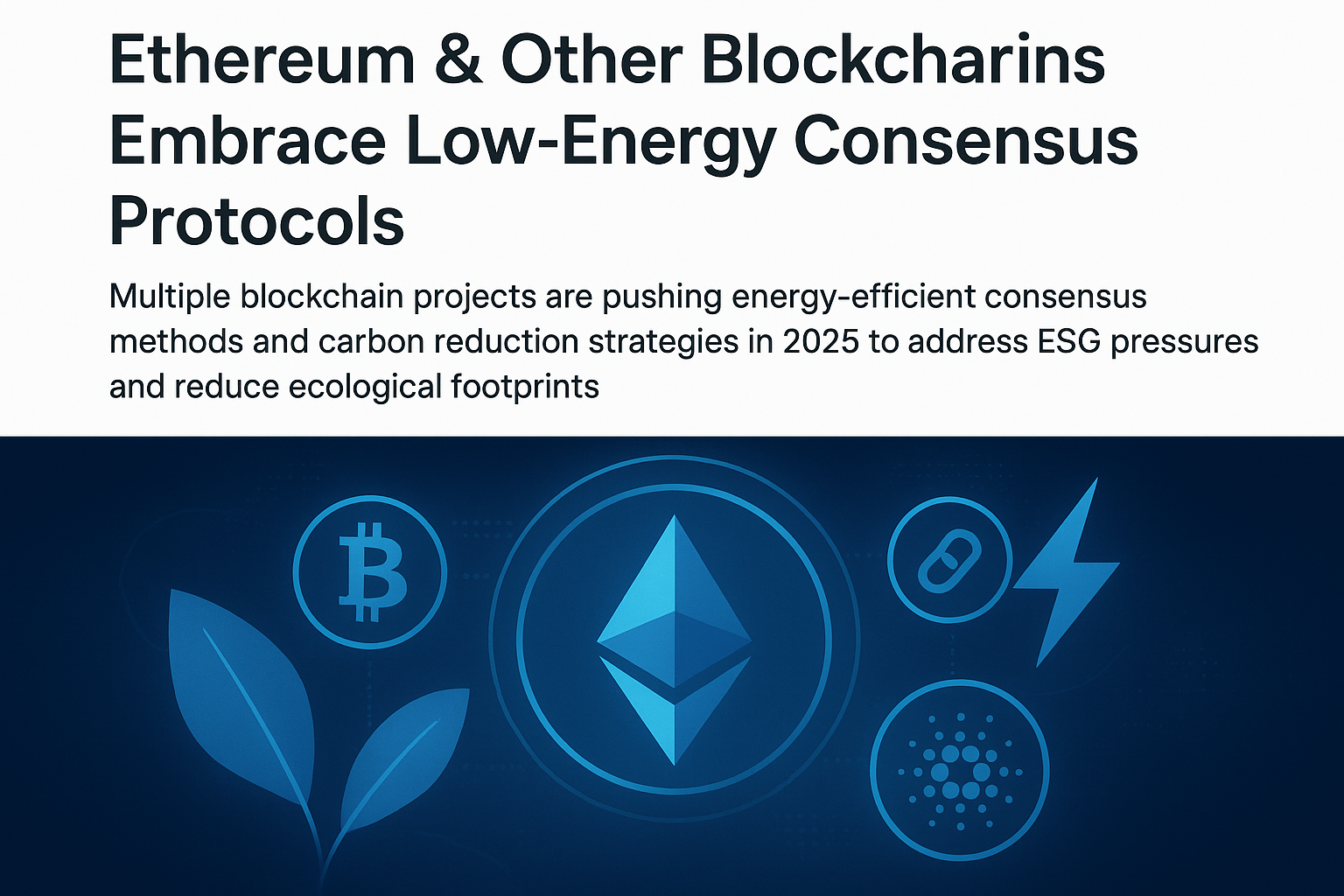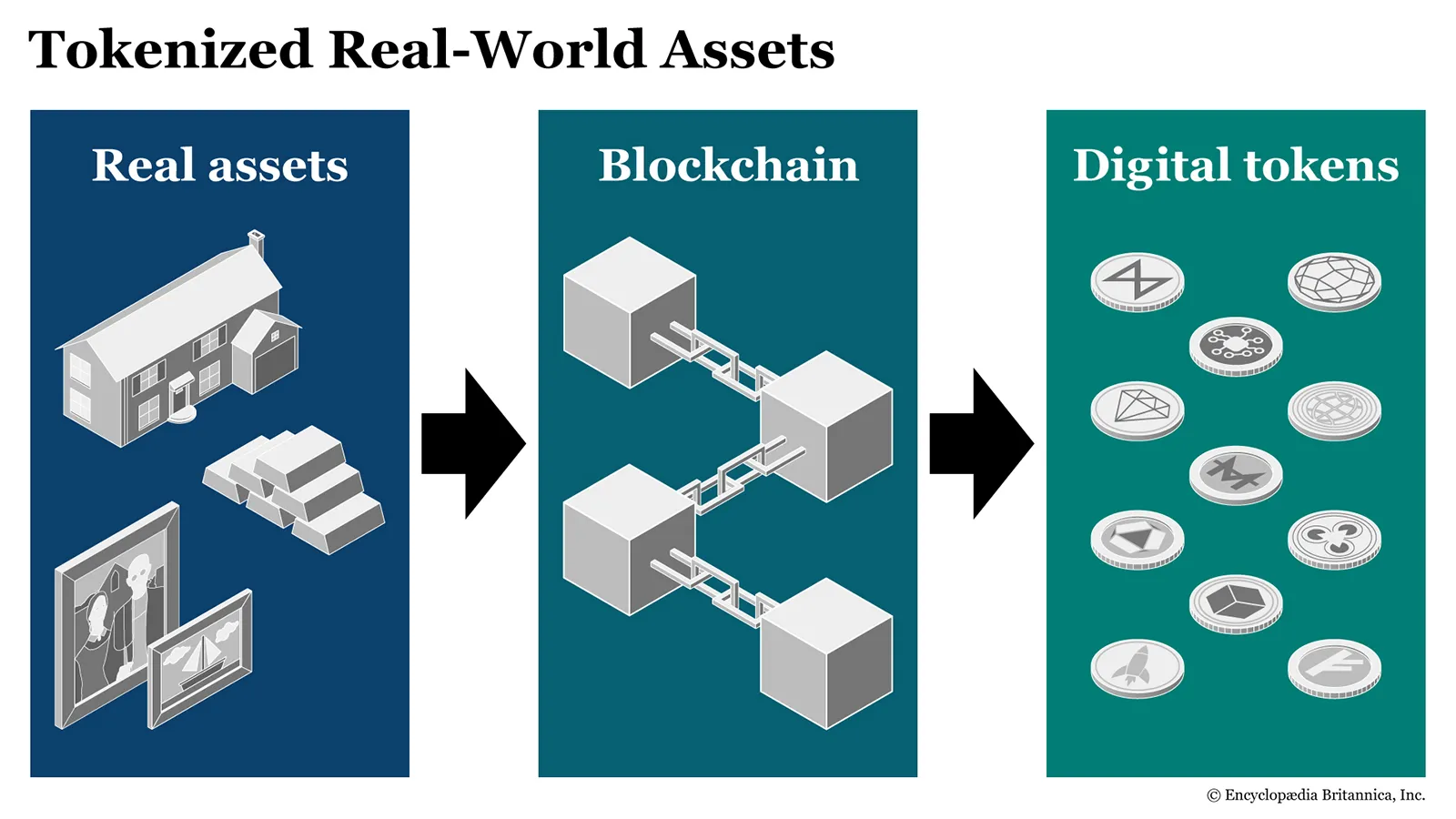The urgency of climate change demands innovative solutions, and blockchain technology is emerging as a powerful tool in the fight against environmental degradation. From enhancing transparency in carbon markets to incentivizing sustainable practices, blockchain offers unique advantages that align technology with sustainability. Here’s how it can play a transformative role.
1. Incentivizing Regenerative Agriculture
Regenerative agriculture, which focuses on restoring soil health and increasing biodiversity, is critical to reducing carbon emissions. Blockchain-based smart contracts can create automated reward systems for farmers adopting these practices. For instance, farmers who implement carbon-sequestering techniques can receive tokenized rewards based on verified carbon capture metrics, ensuring fair compensation for their environmental stewardship.
2. Transparency in Carbon Markets
The carbon credit market has long faced challenges of double counting, fraud, and lack of trust. Blockchain provides a decentralized ledger that ensures transparency and traceability of carbon credits. Each credit can be tokenized and tracked from issuance to retirement, giving buyers confidence that their investments genuinely support emission reduction projects. Platforms like these also allow for real-time monitoring of carbon offset initiatives, promoting accountability.
3. Enabling Peer-to-Peer Energy Trading
Blockchain can support decentralized energy systems by enabling peer-to-peer energy trading. Communities with renewable energy sources, such as solar panels, can use blockchain to track energy production and trade excess energy with neighbors. This not only promotes renewable energy adoption but also reduces reliance on fossil fuel-based grids.
4. Sustainable Supply Chain Management
Many industries struggle with supply chain opacity, leading to unsustainable practices. Blockchain can provide end-to-end visibility in supply chains, allowing consumers and companies to verify that raw materials are sourced responsibly. For example, blockchain can certify that products like coffee or palm oil come from farms adhering to sustainable land-use practices, discouraging deforestation and habitat destruction.
5. Empowering Carbon Offset Initiatives
Blockchain technology can facilitate the democratization of carbon offsetting. Individuals and small businesses can access blockchain platforms to purchase fractional carbon credits, allowing more stakeholders to participate in emission reduction efforts. Moreover, the transparency of blockchain ensures that offset projects are legitimate and impactful.
6. Gamifying Environmental Impact
Blockchain enables gamification to encourage eco-friendly behaviors. Platforms can reward individuals with tokens for actions like recycling, using public transportation, or conserving energy. These tokens can then be redeemed for goods, services, or even cryptocurrency, turning sustainability into a rewarding activity.
Blockchain’s potential in tackling climate change lies in its ability to build trust, enhance transparency, and incentivize positive action. By aligning economic incentives with environmental goals, blockchain technology empowers individuals, businesses, and governments to collaborate on a global scale. As the World Economic Forum highlights, smart contracts and decentralized systems can create a greener, more sustainable future.
The challenge now is to scale these innovations and ensure they are accessible to those who need them most. With the right policies and collaborations, blockchain could become a cornerstone in our fight against climate change.




